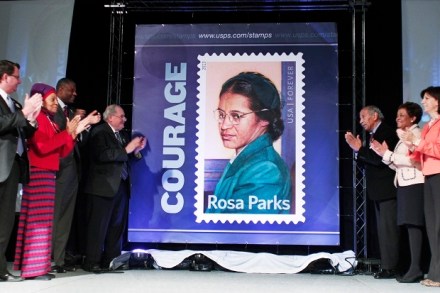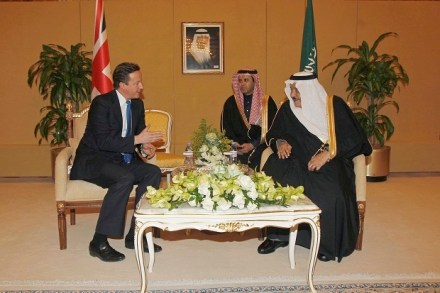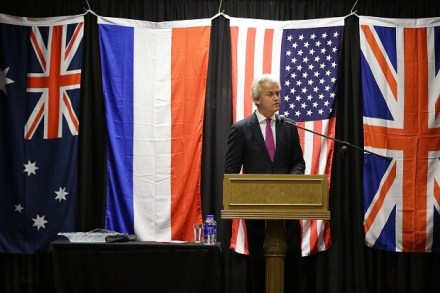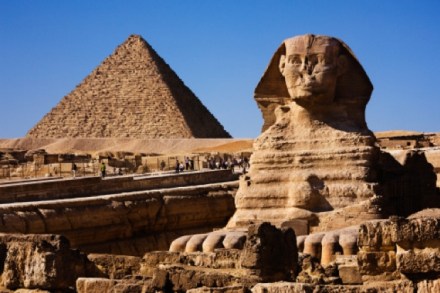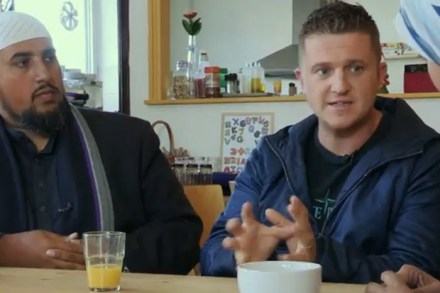Taki: our leaders are weak and powerless in the face of religious fanatics
This Christmas our thoughts need to be with our fellow Christians who are being threatened in the Bible lands. No ifs or buts about it, they are being told either to join the Sunni-led opposition to Assad and renounce Christianity or die. After decades of protection by a secular-leaning dictatorship, Christians are being given ultimatums by the Saudi-financed jihadists and face a very dark future. There has already been Christian cleansing in Syria, especially in Homs, where 90 per cent of the Christians have fled the city for Assad-controlled areas near the Lebanese border. In Iraq things are not much better. Cities such as Mosul and Tikrit, Saddam’s home town,






